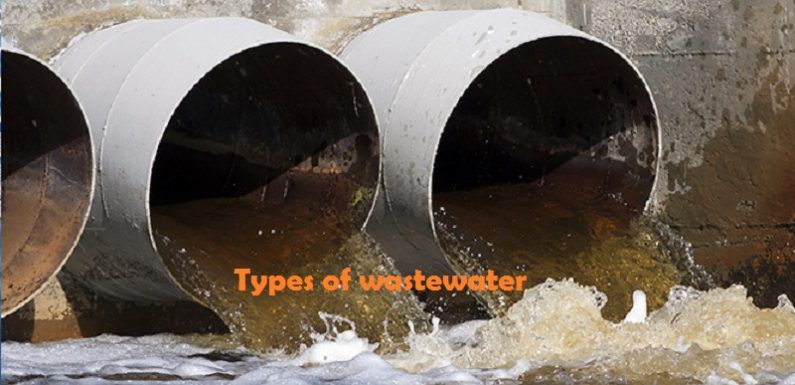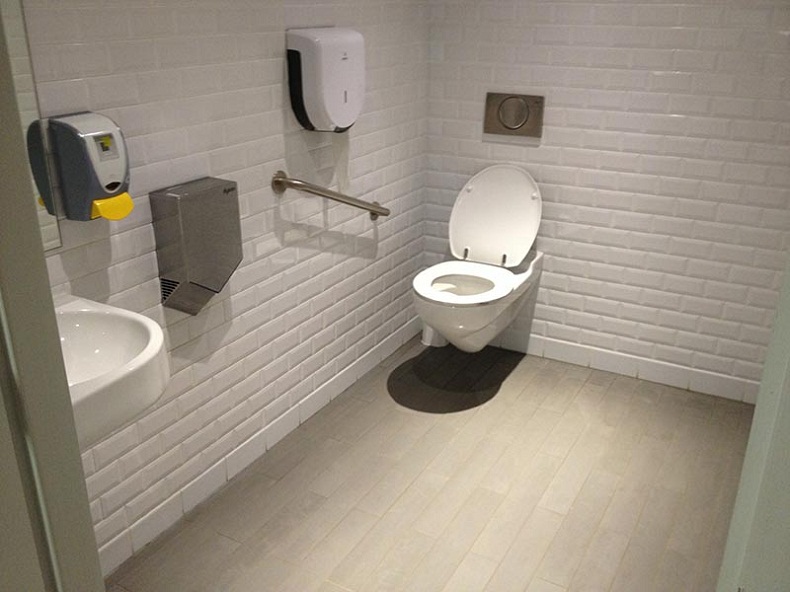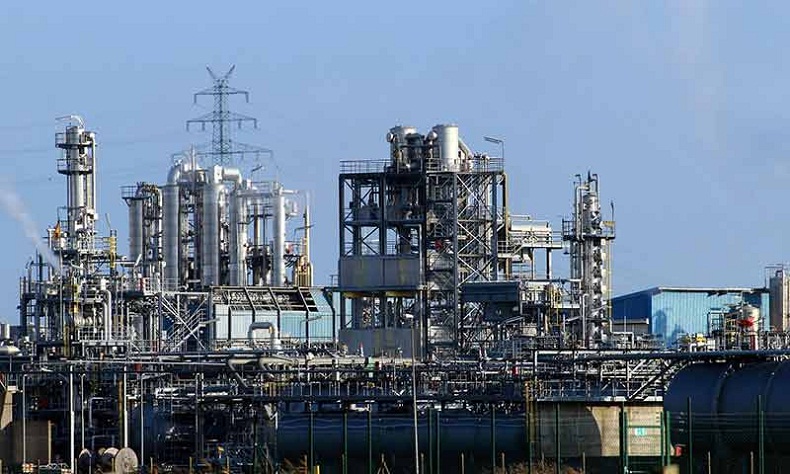
It is essential to know the different types of wastewater because you have to know how to distinguish them to carry out the correct treatment. For proper treatment of wastewater, one must know how to differentiate each of these waters and identify the different pollutants they have.
And it is that the knowledge of the nature of the wastewater is very important to project and exploit infrastructures. As much of collection as of treatment and evacuation of residual waters and for the management of the environmental quality. You may also read the use of manual trash compactor.
Characteristics and types of wastewater

We comment on the following lines, the different characteristics of wastewater:
Wastewater is water with impurities from discharges from different sources: domestic and industrial, mainly. In this way, we have that the wastewater can contain polluting elements originated in urban or industrial waste. It is characterized by its physical, chemical and biological composition.
Wastewater components
The components of wastewater can be physical, chemical and biological. We show them to you, below:
Physical: The physical components of wastewater are color, odor, solids, and temperature.
Chemicals: The most common chemical components in wastewater are organic (carbohydrates, animal fats, oils, pesticides, phenols, proteins, priority pollutants, surfactants, volatile organic compounds, etc.); inorganic (alkalinity, chlorides, heavy metals, nitrogen, PH, phosphorus, priority pollutants and sulfur); gases (hydrogen sulfide, methane and oxygen).
Biological: The most common biological components in wastewater are animals and plants.
After explaining the main characteristics of wastewater, we show you, below, the different types of wastewater,
Types of wastewater
The different types of wastewater are included in the directive 91/271 CEE (PDF). In this regulation there are three types of wastewater:
- Domestic wastewater
- Industrial wastewater
- Urban wastewater
Domestic wastewater. This class of wastewater is those waters that have their origin in homes and are produced in essence by the human metabolism and by the activities that are carried out in the domestic environment.
Industrial wastewater. Within this type of wastewater are all those wastewaters that have been discharged from a place with commercial or industrial purpose, which is different from domestic wastewater and wastewater from the rain.
Urban wastewater. They refer to those waters that have domestic wastewater and industrial wastewater. Also, those waters that include stormwater runoff.
Types of domestic wastewater

Domestic sewage has two origins, the kitchen, and the bathroom.
- Wastewater from the bathroom. The wastewater that originates in the bathroom is composed, mainly, of a mixture of water, soap, urine, and feces.
- Wastewater from the kitchen. The wastewater that originates in the kitchen is formed by a mixture of water, soap, oils, and fats.
Types of industrial wastewater

Industrial waters are made up of wastewater that comes directly from industry and wastewater that has its origin in agriculture and livestock.
- Wastewater from the industry. It refers to those waters that accumulate discharges and liquids from factories and production centers.
- Wastewater from agriculture and livestock. They are related to the waters that come from an agricultural and livestock farm. They include pollutants of organic origin and microorganisms.
Types of urban wastewater
Urban waters are formed by wastewater that has its origin in the domestic sphere and by those that have their origin in urban cleaning.
- Domestic wastewater. Domestic wastewater is those that are composed of water, liquids and various materials that come from the waters of homes.
- Wastewater from urban cleaning. This type of wastewater is those that have their origin in the cleaning tasks of cities run by municipalities and private companies that provide services in municipalities.

